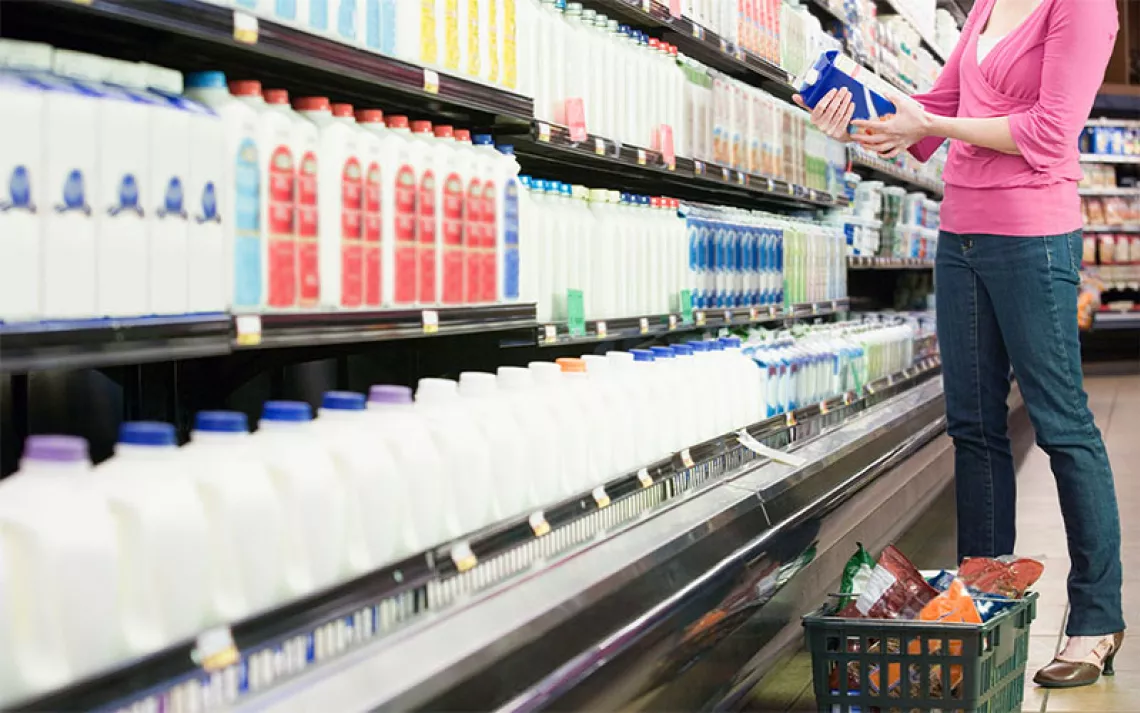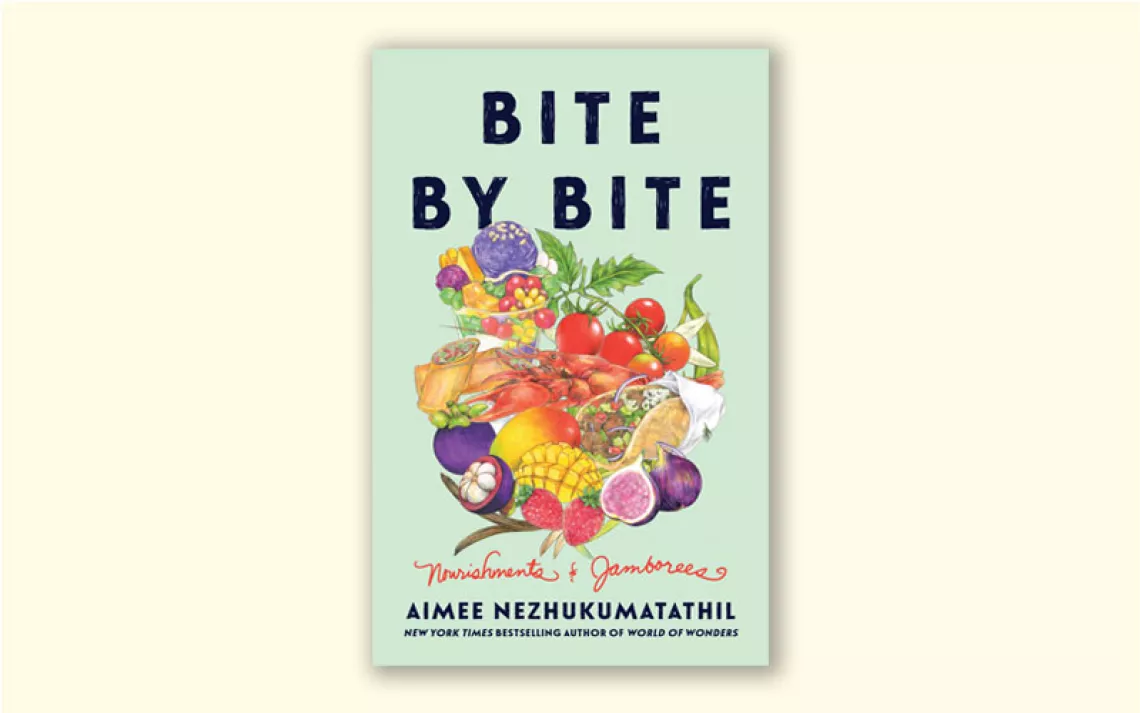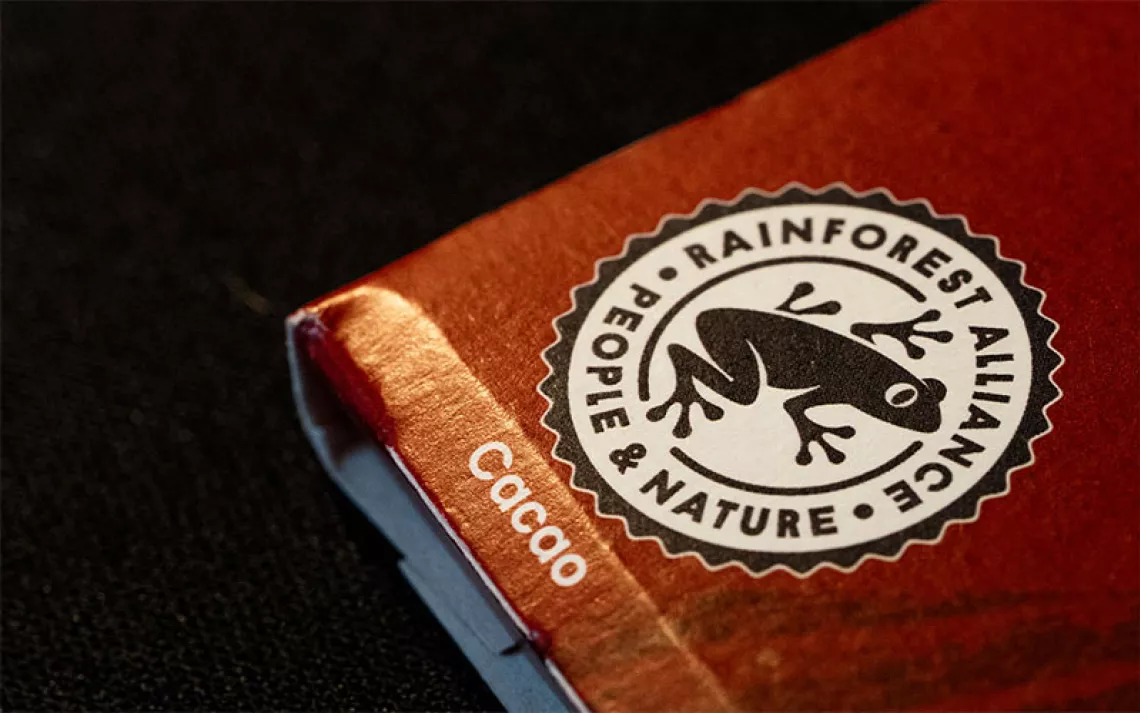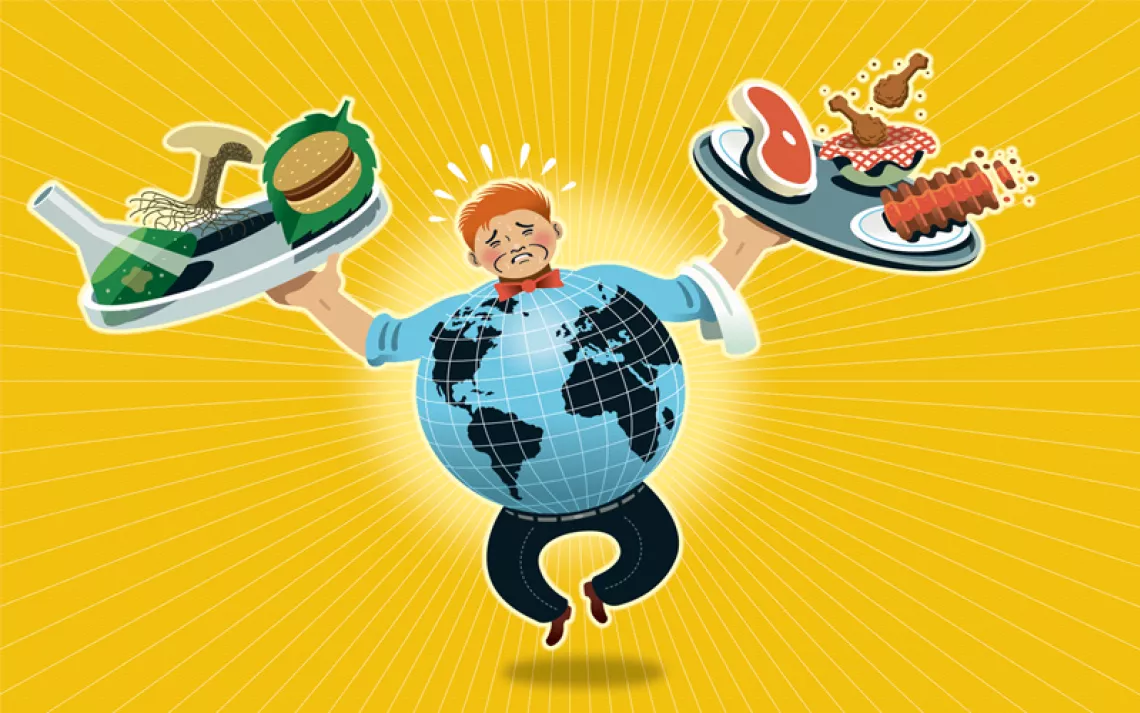Green Beans
There's more to eco-conscious coffee culture than bringing your own mug.

Photo by Lori Eanes
Is being picky about your roast just greenwashed indulgence? Definitely not, according to Sarah Weiner, founder of the Good Food Awards (goodfoodawards.org). She says sustainability and quality are directly linked when it comes to good brews.
"You might be talking to the person who talked to the farmer," Weiner says of getting your fix at a local roaster. "The flavor profiles will be more diverse, because big chains don't have the flexibility to buy from small farmers and keep their beans differentiated. A smaller roaster can make a microbatch of something really exceptional."
Drinking the premium stuff--coffee grown without pesticides, herbicides, fungicides, or fertilizers--has a huge impact. Coffee is one of the world's top commodities, grown in high heat and at high altitudes along the equator, often in developing nations under tremendous pressure to increase production.
With coffee, shopping local isn't about finding a product that has traveled fewer than 100 miles, but about being able to talk to a person who has vetted dozens of factors you might not be able to investigate on your way to work.
Jen Apodaca, West Coast production manager at Blue Bottle Coffee and co-chair of the Good Food Awards coffee-judging committee, knows that the options can seem endless: "You have Rainforest Alliance, you have organic certification, you have bird-friendly, you have shade-grown."
But eco-seals don't always tell the whole story.
"Agriculture practices are really important," Apodaca says. "But if a community is confronted with a plague that might wipe out their crop, for instance, is it then OK for them to use a fungicide when it means feeding their family?"
The Good Food Awards coffee committee grapples with these kinds of questions and champions independent roasters who do too.
"We are looking for no synthetic pesticides, no synthetic fertilizers. We're looking for water conservation," Apodaca says. "But we're keeping it a bit open-ended. We're asking them to give us information about what's going on."
The more roasters know, the more they can share with their customers, and the more we can all appreciate truly good coffee. So raise a cup to the independent roasters--including the four 2014 Good Food Awards winners shown here--who are leading the conversation.
Kickapoo Coffee Roasters
Viroqua, Wisconsin
2014 GFA Winner: Organic Ethiopian Yirgacheffe
Source: Ethiopia
Judges’ tasting notes: cherry, savory, pear
$15.75 for 12 ounces, kickapoocoffee.com
1000 Faces Coffee
Athens, Georgia
2014 GFA Winner: Suke Quto
Source: Ethiopia
Judges’ tasting notes: jasmine, floral, red apple
$16 for 12 ounces, 1000facescoffee.com
Metropolis Coffee Company
Chicago, Illinois
2014 GFA Winner: Yirgacheffe Aylele Organic
Source: Ethiopia
Judges’ tasting notes: sugarcane, crisp acidity, vanilla custard
$14.55 for 1 pound, metropoliscoffee.com
Roast House
Spokane, Washington
2014 GFA Winner: Guatemalan Batzchocola
Source: Guatemala
Judges’ tasting notes: lemon-lime, honeydew melon, sweet
$15 for 1 pound
 The Magazine of The Sierra Club
The Magazine of The Sierra Club



